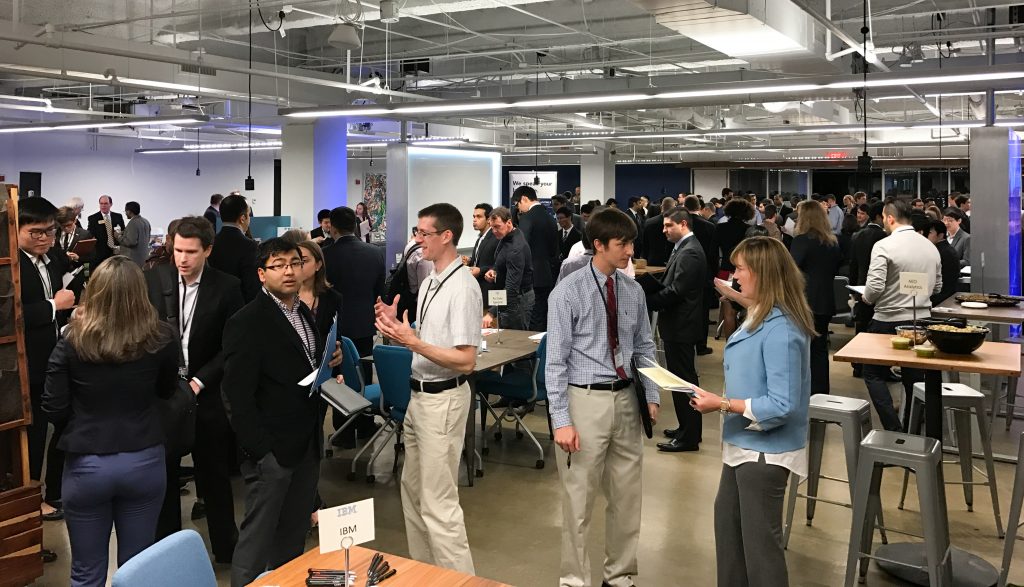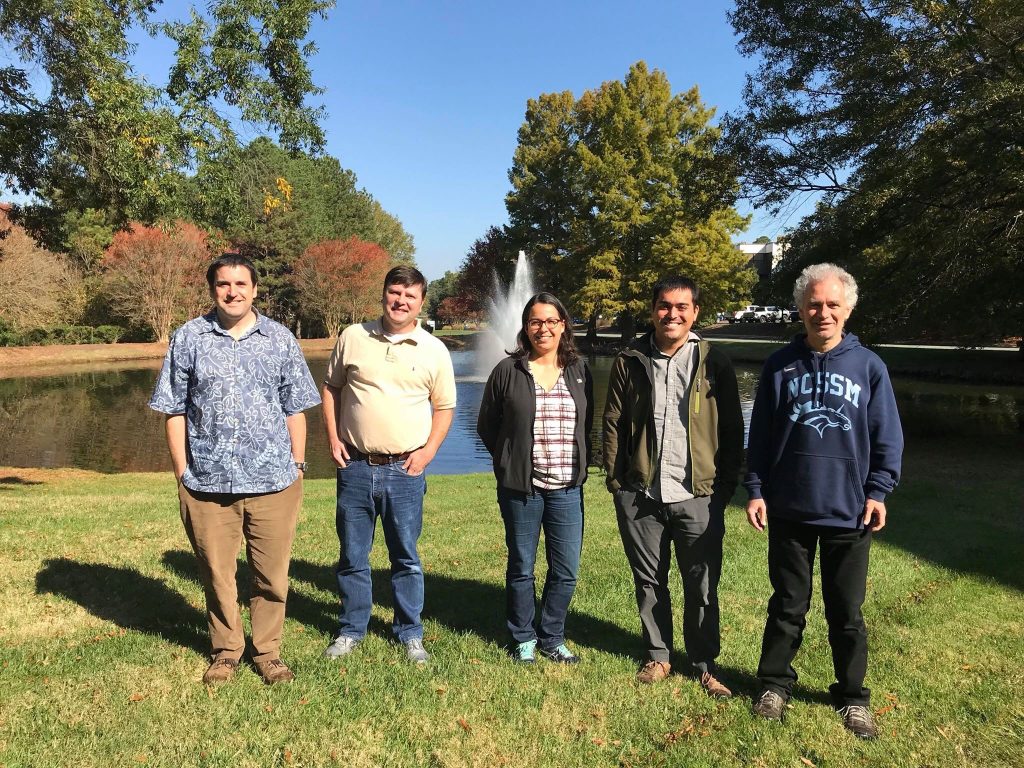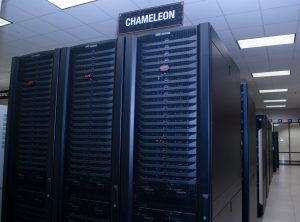The University of Groningen (UG) Center for Information Technology (CIT) is the newest member of the iRODS Consortium, the membership-based organization that leads efforts to develop, support, and sustain the integrated Rule-Oriented Data System (iRODS).
UG, a research university with a global outlook, is deeply rooted in the northern Netherlands town of Groningen, known as the City of Talent. The University ranks among the top 100 in several important ranking lists. It boasts a student population of about 30,000, both locally and internationally, and employs 5,500 full-time faculty and staff. Its Center for Information Technology (CIT) serves as the university’s IT center and promotes the sophisticated use of IT in higher education and research. CIT’s 200 employees manage the IT facilities and support processes for all students and staff members. Read more





